AR: Screen Scene looks pretty cool – could you tell us a little about who the group are and what they want to achieve in the visual effects industry? It’s good seeing great work coming from an interesting Irish studio. The north will need to pick up the pace!
JC: SS are a long standing company (I think nearly 30 years now?) that have covered all aspects of post production. they originally started out as an editing house and gradually added additional services over the years. Now they cover editing, graphics, visual fx, sound, grading, satellite broadcasting and event coverage.
https://vimeo.com/126378832 (please ignore the sound effects person going fucking nuts)
The film visual effects side of things only really started in late 2010 when we successfully pitched for some of the work on the first season of Game of thrones. It was a huge learning curve on that one as nearly every aspect of what we did changed, save for 3dsmax and vray. It was the first time working with proper film compositors using nuke and a proper multipass workflow, proper independent vfx supervisors, weekly reviews and deadlines plus all of the various things thrown at you from a big client.
There’s a big difference in the standard of work that you’d do for local commercials and tv stations and what you’d have to deliver for international work. Thankfully in a lot of cases we’re involved early enough that we can do some planning, and usual Ed Bruce, screenscene’s vfx supervisor will be on set with an assistant to do plenty of data gathering and try and ensure everything’s shot in a way that we can work with afterwards. With the deadlines and budgets involved in film and tv work you really want to try and plan things to give yourself the best chance of doing nice quality work with a minimum of hassle.
In terms of the Irish industry, I think it’s still in it’s infancy and trying to establish itself internationally. As a result there’s some teething problems to be dealt with along the way. The biggest one is definitely getting high quality talent. Previous to 2010, everyone in Dublin was a generalist and had to wear many hats in terms of the work they did. None of the post houses would have the luxury of a specialist character animator, fluids td or matte painter for example. You had staff that leant more towards artistic or technical backgrounds generally, but within that each would be able to model, texture or light to varying standards and some would have come from animation backgrounds and have a better sense of movement or timing.
The technical folks (of which I’d consider myself) graduated towards any of the more “thinky” things in 3d. They’d be the problem solvers, likely the scripters, render tds, fluid or particle people. Everyone covered multiple tasks though so there wouldn’t be anything like a large film pipeline in place. In some ways a lot of the local artists are somewhat stunted by the standards they have to deliver. You don‘t get a massive amount of time to work on most commercials and there’s always unforeseen aspects that can throw things off schedule. As a result a lot of the time you don’t get to work on something up to a level that truly represents you, or you don’t get enough time to really hone your skills in certain areas.
Post production can be a tough industry in terms of hours so I’m hugely impressed by anyone that continues to learn new things and push themselves after working a full week! The knock on effect of this though is when a totally new level of work comes in such as proper tv or film jobs, it’s quite difficult to get staff of the appropriate level. With film you don’t have the luxury of allowing someone to learn as they’re doing and you want to try and get the best results possible up on the screen. As a result you’re going to try and hire talented specialists in every area. You want someone to literally walk in the door, know what they’re doing right away and deliver some really top end work.
This type of focussed specialist probably wouldn’t be able to exist doing just that one thing in the Dublin commercials market so they don’t really exist indigenously! We end up sourcing a lot of our staff from the Uk and Europe. There’s a large talent pool quite close by but it still doesn’t make it easy to get people, especially if it’s for short term contracts. There’s so much high quality work being done in london and germany at the minute to attract all the top artists that they can really pick and choose what they want to work on. We’re just getting established now so we need to keep doing some impressive work and up our profile (many thanks to Particle Skull for example :D) so artists are aware that we exist! We’re gradually competing for better work as we grow, and as you work on better things, you’re going to be more visible and start to attract better talent. Hopefully we compete on less stress and a nicer pace of life too. Dublin’s quite a calm, friendly city compared to London so it’s very easy to get used to and dip in and out of. Being able to walk everywhere as opposed to the stress of the tube is a nice benefit.
On the North, there’s some interesting stuff going on up there too! With Black North, Yellow Moon and now Nvizible setting up branches to support all the shoots there’s plenty going on! Paddy eason from Nvizible was one of the first people I ever spoke to in VFX back in 1998, he gave me some great advice on compositing when I knew very little and even offered to take a look in progress bits and give me feedback. You often find that the most knowledgeable, busy and high level people are the most generous with their time.
AR: What software, tools, plug-ins etc, do you find the most fun using when you are creating work for projects? You dabble in fluid work as well. Have you touched on the Sandy Solver for RealFlow?
JC: So in terms of fun, I’m a big vray nerd more than anything else. I quite like working back and forth with the compositors as they can bring so much to a shot beyond what you can do easily in 3d. I like to be as close to the finished shot as possible. Lighting and materials is quite an artful part of the process too and you can really make a big difference to a shot by highlighting or lessening things. I spend a lot of time scripting and coding things too.
If you’re working across a few different jobs and with a lot of other artists, simple things like organisation and naming of files makes a massive difference. It might sound a bit boring but not having to think about where anything is and making your renders as predictable as possible for the next person along can make their lives much easier. Consistency is key!
On the FX side I’m still going with the old reliables of fume, krakatoa and particle flow. A lot of the 3d stuff I’d do would be giving support to 2d and generating elements that they can’t, so it tends to be a lot of quite simple things. Breath, snow and smoke have featured heavily recently. In the past we’ve used naiad for water things which worked really nicely – I found it a bit more predictable when stepping up through resolution than realflow, though I must admit I haven’t touched realflow since version 5. For the next water thing I’d say I’ll look at bifrost in maya for starters. Houdini seems very, very attractive to me for all you get with a single license but the only thing I don’t like is a lot of the splash / spray stuff that i’ve seem from it is a bit fake.
Since there isn’t a built in setup for it, people make their own networks to generate these passes and they don’t seem as natural as the preset addons in naiad / bifrost. Finally having alembic inside of max and direct rendering of alembic and open VDB in vray is going to open up a lot of possibilities though! Fingers crossed there’s some new GPU acceleration in fume 4 coming along – I’m rather jealous of ILM’s gpu based fluids capabilities!
AR: What guidance would you give to an artist who wanted to pursue a job role such as what you do at Screen Scene?
JC: Hmm, in terms of what I do exactly, it’s broad oversight and decisions on how jobs are going to be run and you’re only going to get that with experience of doing a lot of different things. In terms of what’d be useful to get into a film company though it’d be good fundamentals with a few things done to a really high level. We’re generally going to hire people for one aspect of 3d that they do really well and then if they’ve finished things early or are waiting on feedback it’s much appreciated if they can jump onto other tasks and help in different areas. You tend to get quick flexible, agile people working with 3dsmax.
Since it comes from less of a film pipeline background than maya, xsi or houdini artists are used to, I find you get people that cover a slightly wider base. What’d be great in Dublin is to have a few really good sculptors and matte painters – we don’t have local ones working as freelancers and hopefully it’s the type of area where an artist would be able to float between ourselves and the other film fx houses over the course of a year.
In terms of advice, learning how to solve problems is a big one. When I started off, there were only a few books available on 3d applications and some pretty simple tutorials on the likes of 3dcafe.com and 3dluvr (Shout outs to amigo!). Even if it wasn’t something relevant to you at the time, using random tools in the 3d programs showed you a few different ways to achieve things and while some were better than others in terms of the end results, some of the wrong methods could end up being really useful for something else. For example one of the holy grails at the time was trying to model a human head. There was no edge loop modelling and no sculpting tools so people came up with some of the most ridiculous ways to start off.
Doing a lathe, or trying to make something out of a nurbs sock or from a sphere – all of them were fairly terrible but it gave you a slightly wider view of how to approach things. Even being able to successfully search for a problem on the internet and find solutions is a key skill. With some folks I’ve worked with over the years, they had to be told how to do something if the single method they knew wasn’t working so they end up taking up two people’s time to get one person’s work done. It’s a bad situation if anyone more senior to you starts thinking that it’s quicker for them to just do the work themselves rather than ask you to do it and either handholding or fixing mistakes after. Some aspects of the software have gotten more technical such as particles and rendering in places, but a lot of other things have gotten easier too.
Modelling has been revolutionized by the sculpting packages and it’s easier than ever to make a nice looking image using global illumination, if a really slow calculating one! As a result, I’d say having a good eye more traditional skills are more applicable than ever as a result. A traditional sculptor or someone who’s great at life drawing is going to get amazing results with zbrush, a fine art painter can be taught how to use photoshop and get amazing results and someone who’s good a photography will have a good sense as a lighting and materials person.
I’d be slightly cautious who you learn from too. There so much information out there today and so much money wrapped up in education that it can be difficult to decide what’s good and what’s bad. A lot of the colleges don’t keep track of what’s current and students are leaving a four year degree with much less experience than they really should have. I’d be inclined to try and make contact with anyone industry based as early as possible and see how they’re working day to day, then at least you can start to separate what’s going to be really beneficial for you and not.
There’s a lot of festivals these days where you can talk to industry artists such as the VFX Summit in dublin, FMX in germany, End user event in Holland (very 3dsmax centric) and of course siggraph. Try out lots of different aspects of 3d so you get a taste of its different components too and see which one suits you. Again it’s all about narrowing things down so when you do have to put time and money into learning, you’re making more educated decisions.
Oh yeah! And on the totally opposite side, make sure you learn to cook! Eat well, get plenty of sleep and try and exercise too. You’ll solve problems quicker if you’re well rested and happy, just throwing hours at a problem doesn’t always guarantee results so treat yourself kindly!
Many thanks for the questions and the opportunity to waffle at all your readers and subscribers! If anyone has any follow up questions I’ve got some work up at https://vimeo.com/johnoconnell/ and they can say hi at @johnoconnell on the twitters!
This interview was made by Particle Skull. Visit the site to see more.
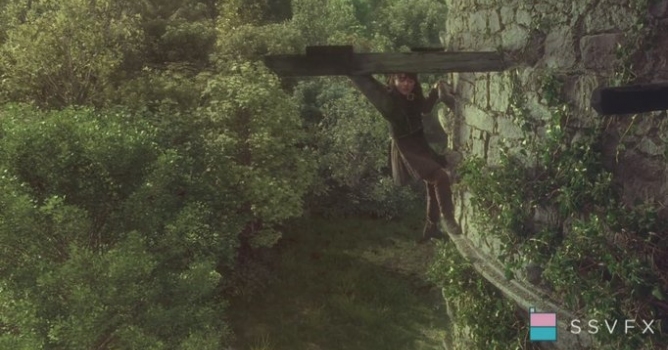






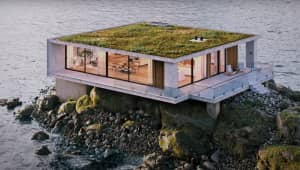

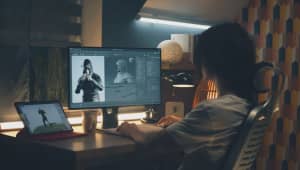



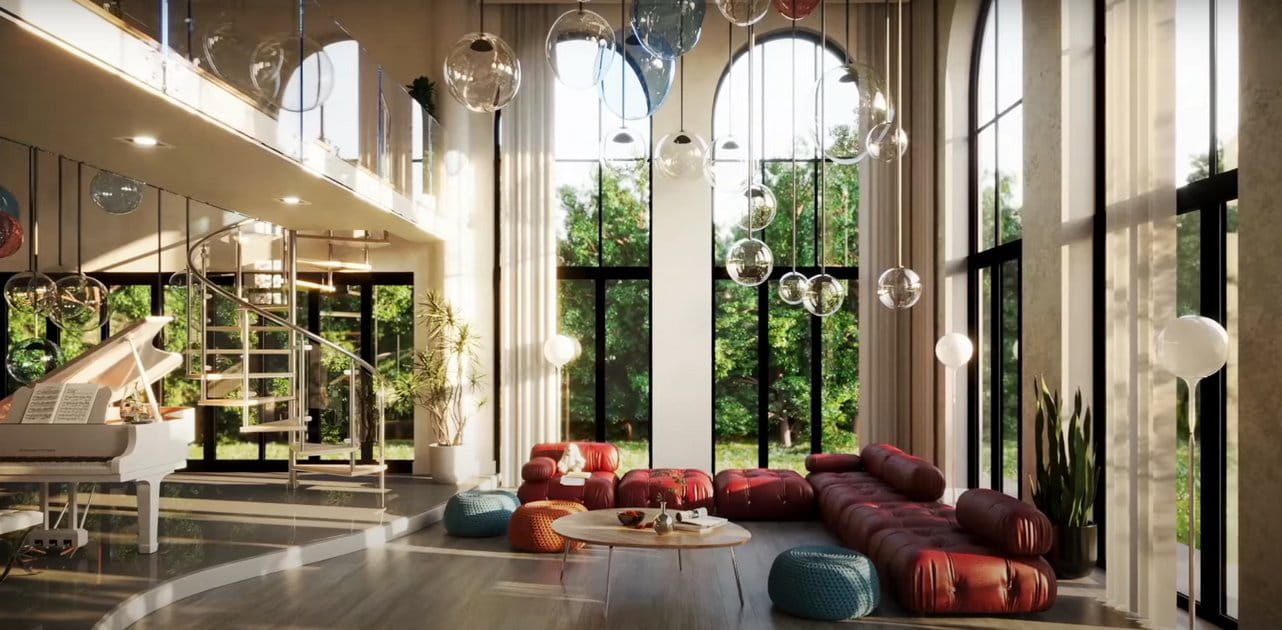
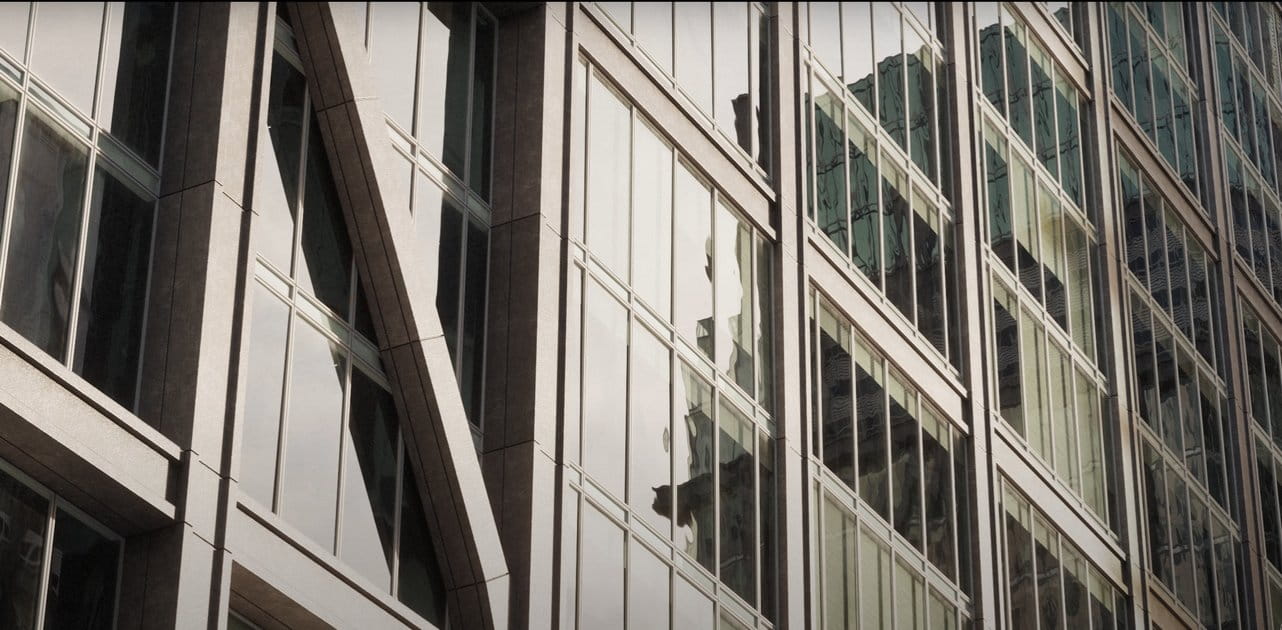
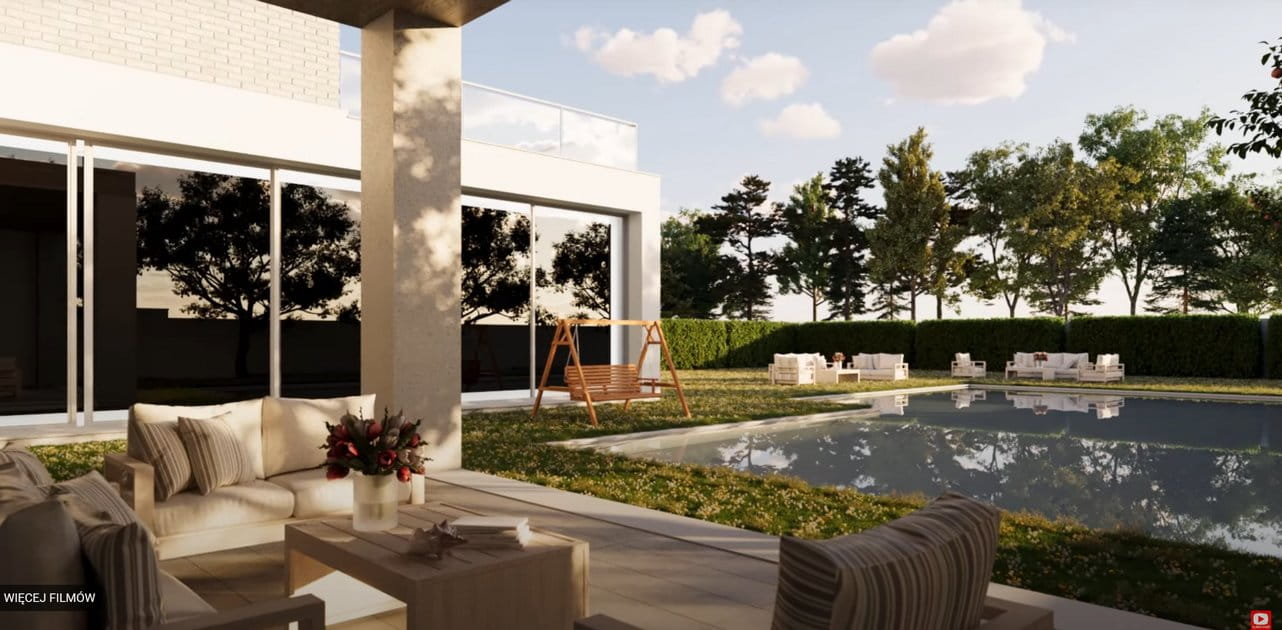

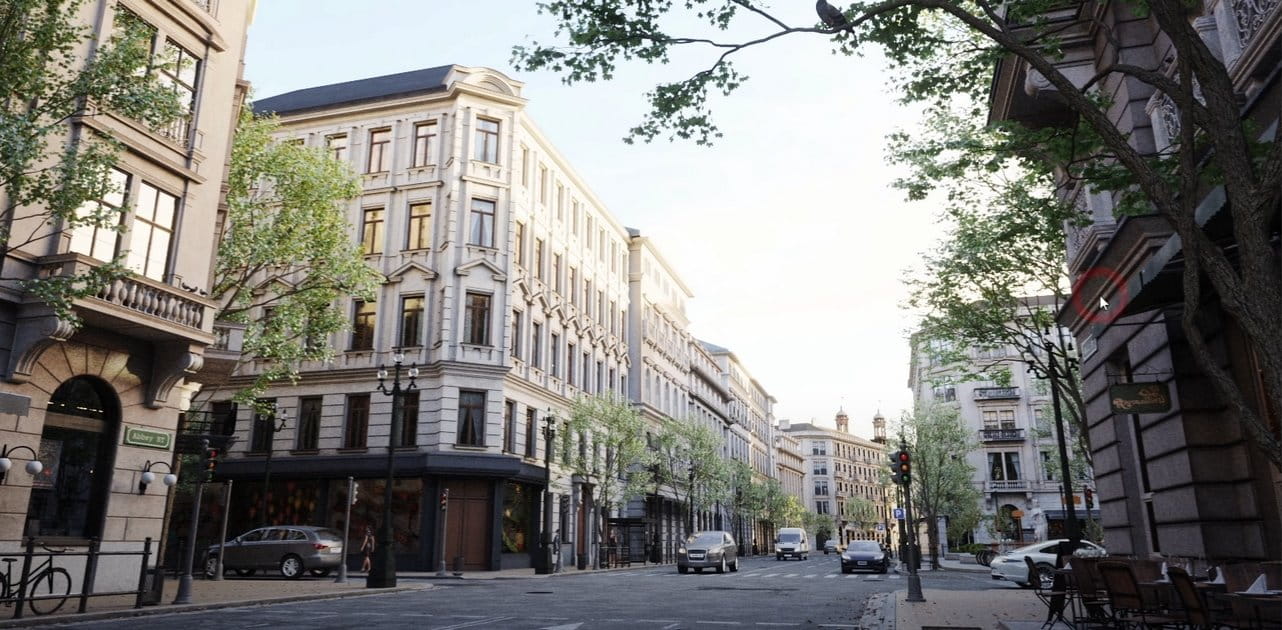






COMMENTS